There’s no meat on the bones of Harris’ policy proposal to keep food prices down.
If you were wondering how Vice President Kamala Harris would differentiate herself from the administration she has served in for four years, wonder no more: She’s leaning even further into progressive economic policies and reaching back to her record as California’s attorney general.
Why emphasize her years as attorney general? Because that was the last time Harris could act unilaterally to advance her priorities. Vice presidents act on the president’s orders. One rank-and-file senator out of 100 does not set the chamber’s agenda.
- If you were looking to see which of President Joe Biden’s policies she would criticize or repudiate, you’re out of luck, at least so far. Asked last week how she would distance herself from him, Biden replied: “She’s not going to.” So far, he’s right.
- Yes, her tone on Israel’s military operations in Gaza has been more openly sympathetic to the Palestinians. But that’s rhetoric, not action. And Biden has thrown himself fully behind efforts to carve out a ceasefire.
- Harris will of course use this week’s Democratic National Convention to further define herself and her party while attacking former President Donald Trump and his agenda if voters return him to the White House.
The Anti-gouging Gambit
Last week, the vice president gave her most extensive speech yet on what economic policies she would prioritize if elected. My colleague Tim Smart walked readers through what she promised: It’s a progressive populist platform. I won’t go into detail here.
One particular proposal has touched off a firestorm of commentary and, let’s be honest, speculation: Her promise to work with Congress to pass the first-ever federal ban on price gouging on food while also making the food industry “more competitive.”
“My plan will include new penalties for opportunistic companies that exploit crises and break the rules, and we will support smaller food businesses that are trying to play by the rules and get ahead,” she said.
The politics here are clear, even if the economics are not.
- There’s no precise national definition of price gouging. Broadly, it’s when a seller raises the price of something extremely sharply (“excessively”) after an external shock – like gasoline after a hurricane hits. What’s “excessive?” It’s like Supreme Court Justice Potter Stewart’s vaporous adjudication of what constitutes obscenity: “I know it when I see it.”
- Politically, this is easy. Grocery prices have risen sharply since Biden and Harris took office in January 2021, the most obvious and painful reminder of the surge in the cost of living – and a major vulnerability for her presidential ambitions. Plus: Who the heck is “pro” price gouging?
The Blowback
Judging by the response, you’d think the Democratic nominee had come out saying “In Harrees adminiztrazhun, People’s Soup Noomber Seex only retail 10 rubles.”
Is a ban on price-gouging a kind of price control? Yes. Do most mainstream economists worry price controls generally could cause or extend shortages by discouraging producers and suppliers from getting goods or services to market? Yes. Is price-fixing already illegal? Yes.
Did a few meatpacking businesses see profits soar over 300% in the pandemic? Yes.
- “At best, this would lead to shortages, black markets, and hoarding, among other distortions seen previous times countries tried to limit price growth by fiat,” wrote Catherine Rampell, an economics columnist at The Washington Post.
- On CNN, Rampell pointed to government price-setting in Venezuela, Argentina, and the Soviet Union.
The truth of the matter is that the Harris campaign put almost no meat on the bones of this policy proposal. Rather than making it hard to denounce, the lack of detail opened the door to worst-case-scenario criticisms from pundits.
And the proposal would need to get through Congress. Never say never? Fine, I’ll take that bet: “Never.”
Pump the Brakes a Bit
Beyond the fact that this idea is extremely unlikely to come to fruition, we also have no idea how the Federal Trade Commission, the body Harris says she wants to see enforce a hypothetical ban, would do so. And whether the process would survive legal challenges.
We should also consider that price controls aren’t just the stuff of command economies. Most states – including the famously Soviet-aligned regimes of Arkansas, Florida, and Texas (yes, that was cheap sarcasm) – have them on the books. Minnesota, the home state of Gov. Tim Walz, Harris’s running mate, passed one in 2023 and has looked to expand it.
- Here’s the dedicated website from Texas Attorney General Ken Paxton that explains how to report price gouging. Here’s an example of Paxton using anti-price-gouging powers.
- Other states, like Alaska, don’t have specific laws against price-gouging but use other statutes to go after the same alleged practices.
- Florida’s statute, which applies during a state of emergency, at least tries to define what an “unconscionable” markup might be: There must be a “gross disparity” between the price charged during the emergency and the average price over the preceding 30 days.
It does not, however, define “gross disparity.”
Related posts:
- ‘Deadpool & Wolverine’ dominates at the box office with $205 million opening
- Hopes of Finding More Survivors in the Mud and Debris Wane After Landslides in India Kill 194
- Harris Interviews Walz, Kelly, Shapiro at Her Home for Vice President Pick
- Tropical Storm Debby makes 2nd landfall in South Carolina, heavy rain expected up the East Coast




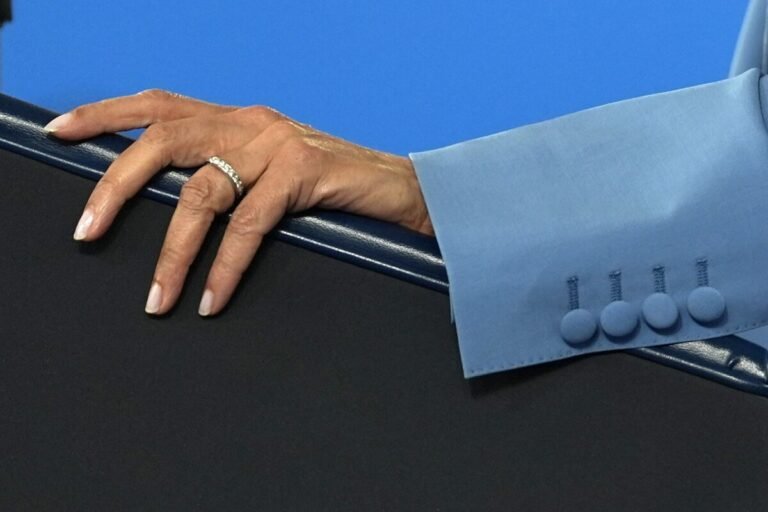
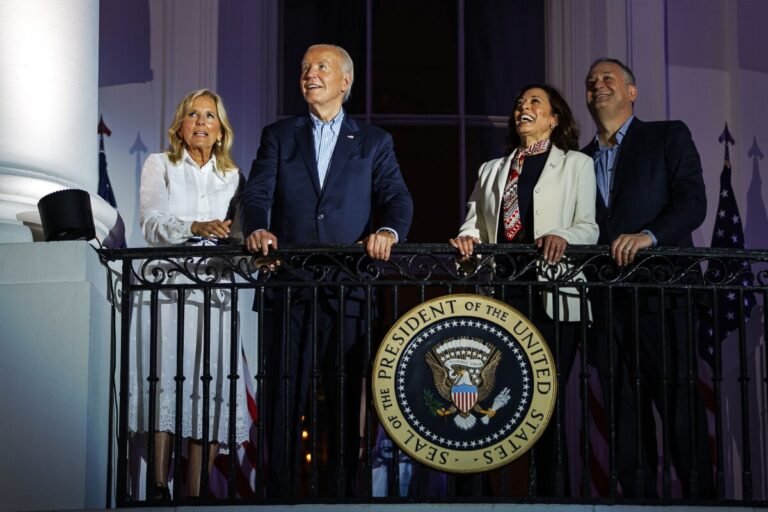

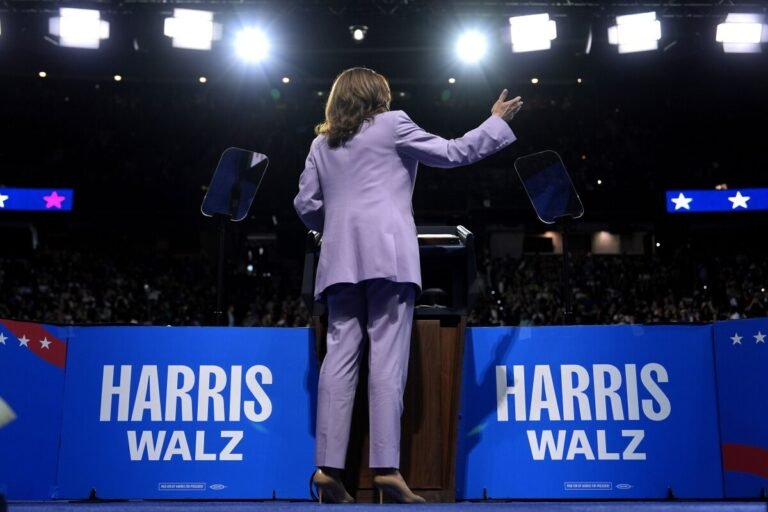


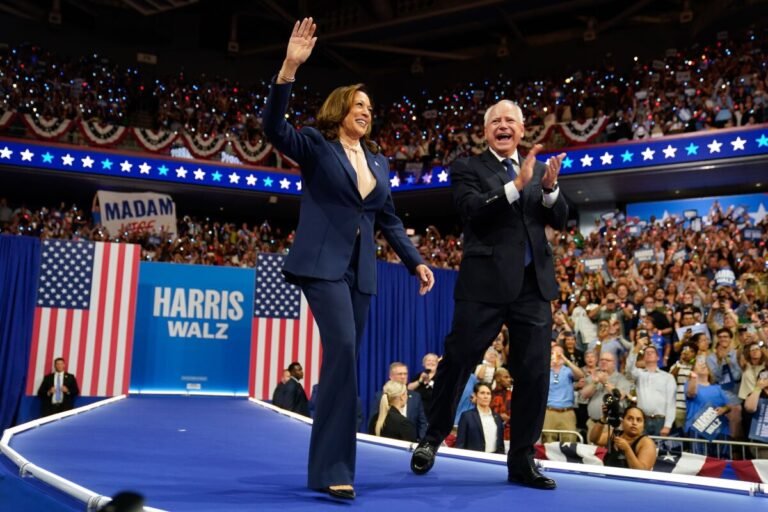
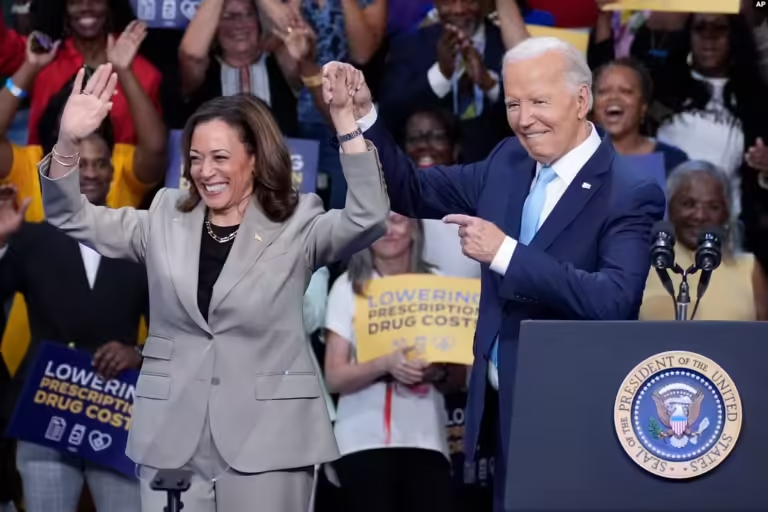
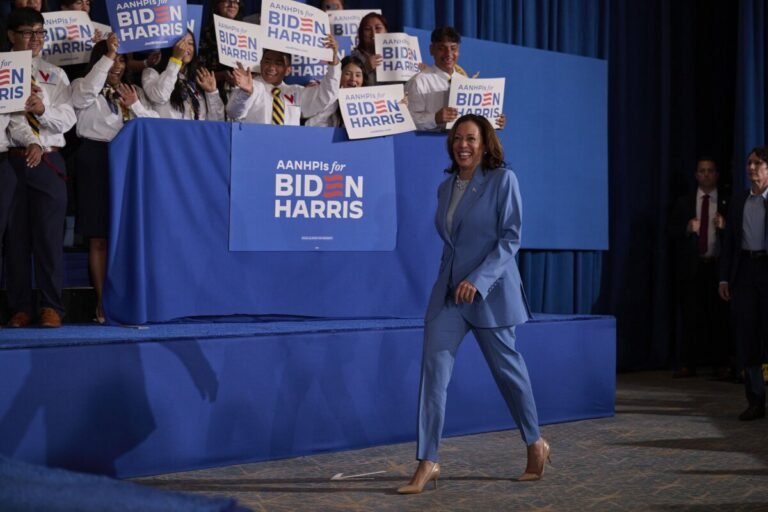
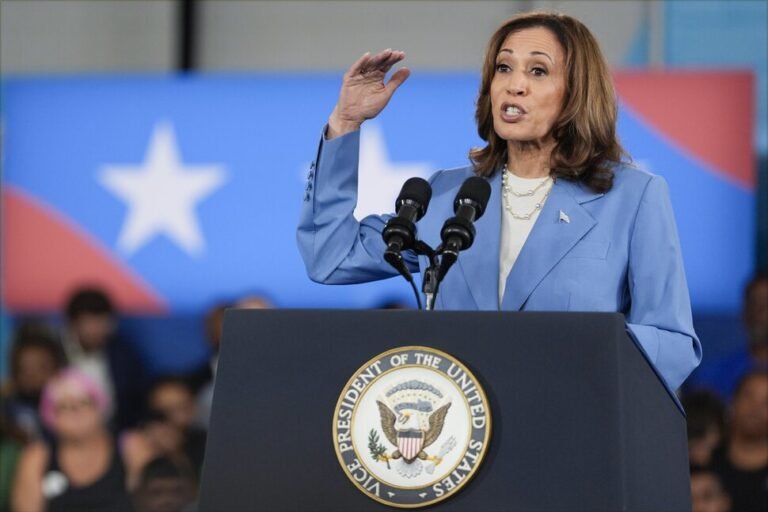




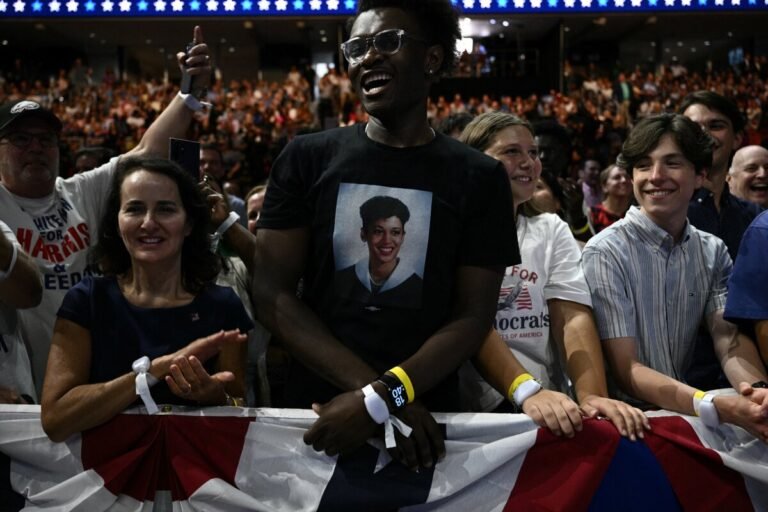
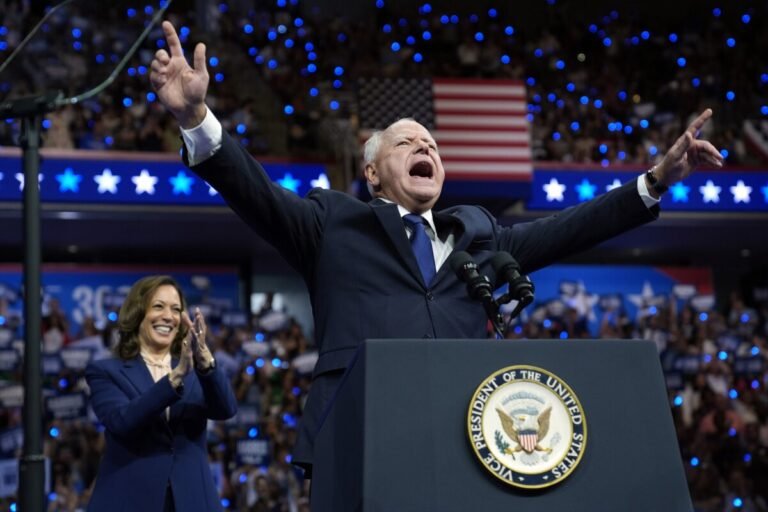
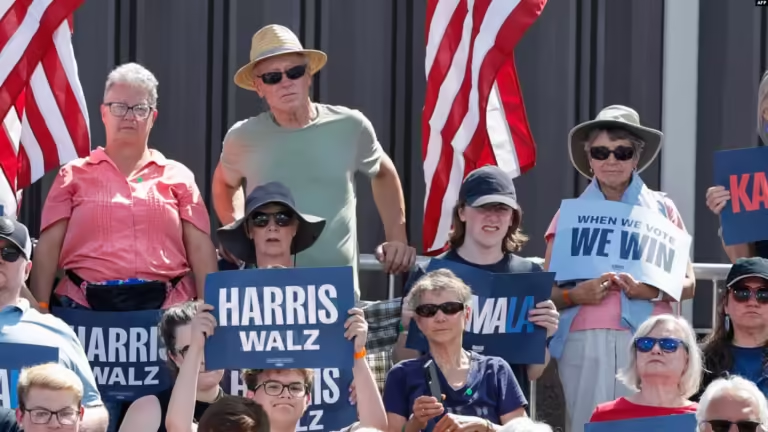
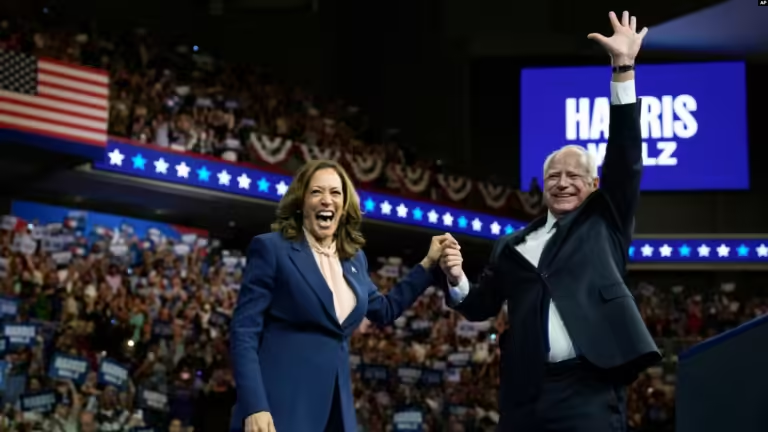
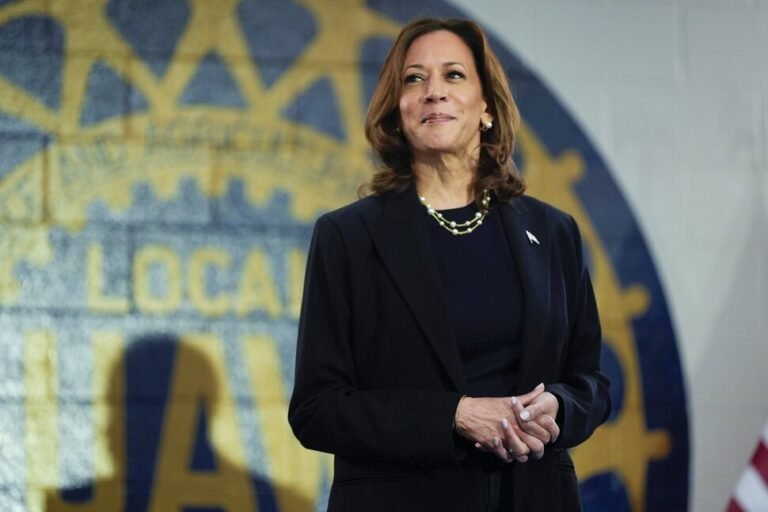
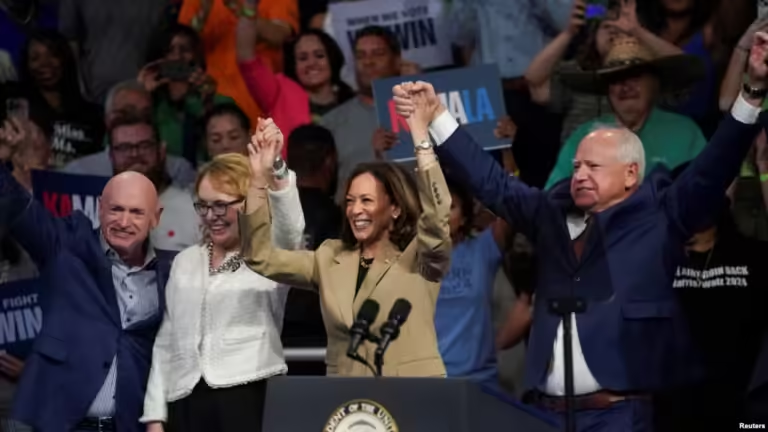


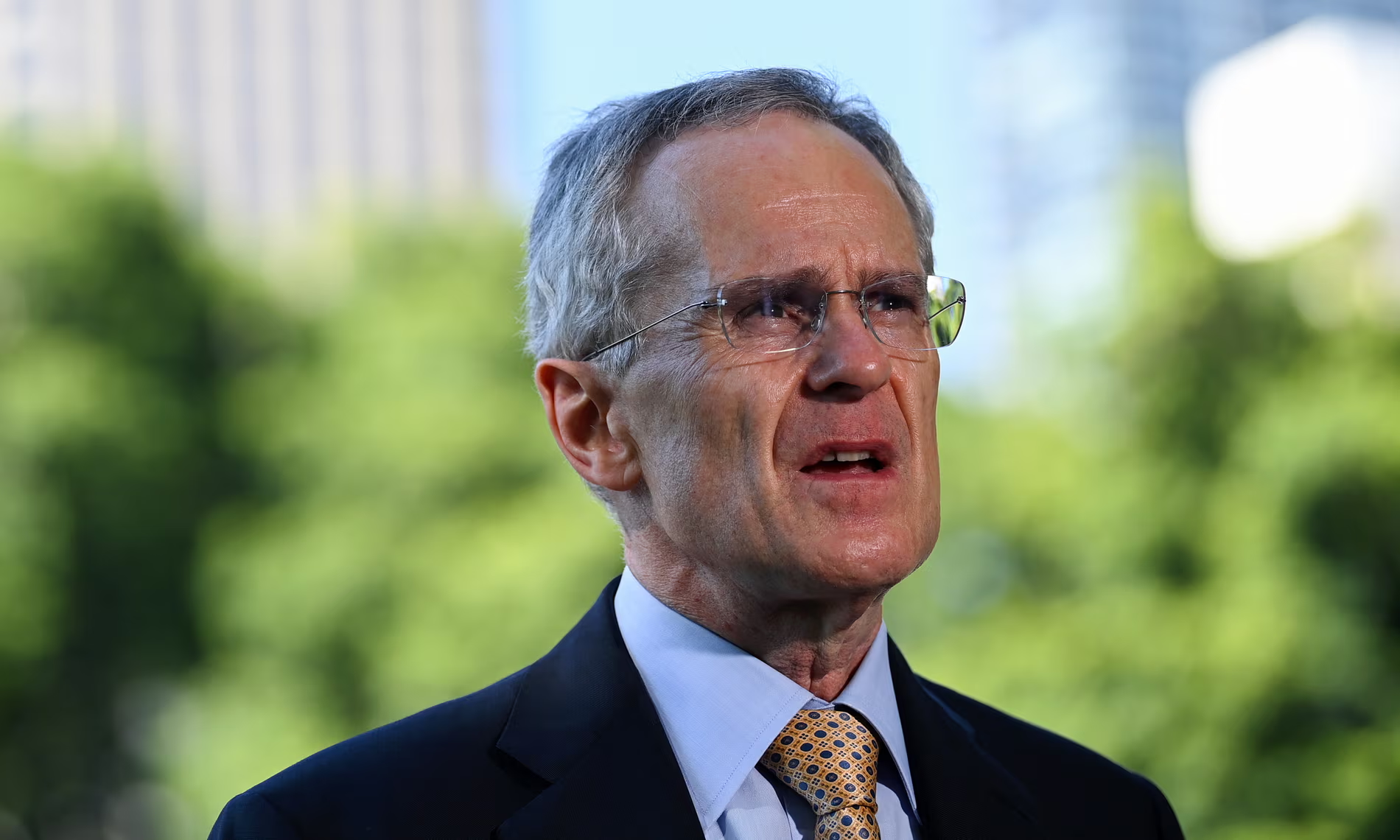


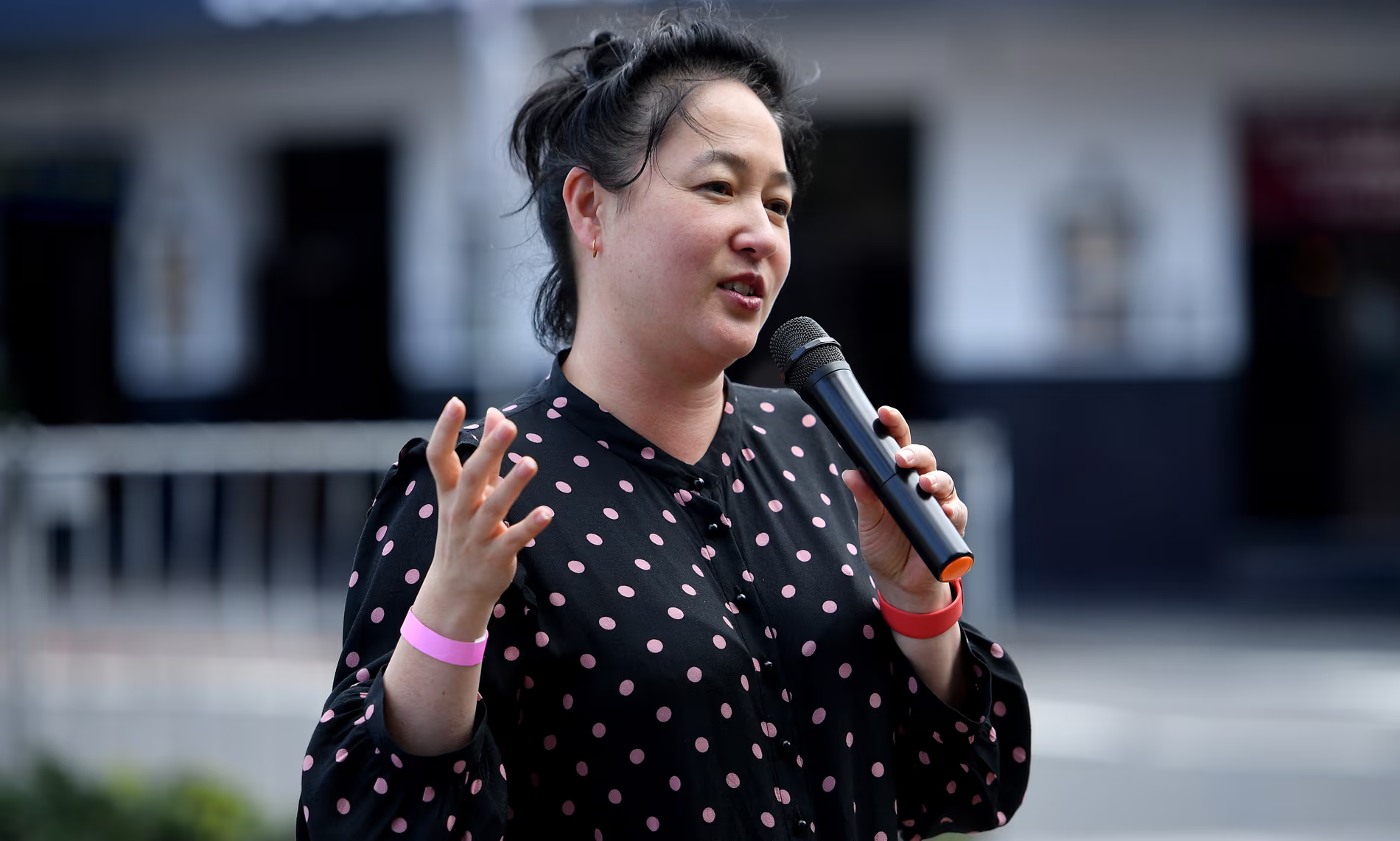
Leave a Reply